These Are the 10 Best Generals of All Time, According to Statistics
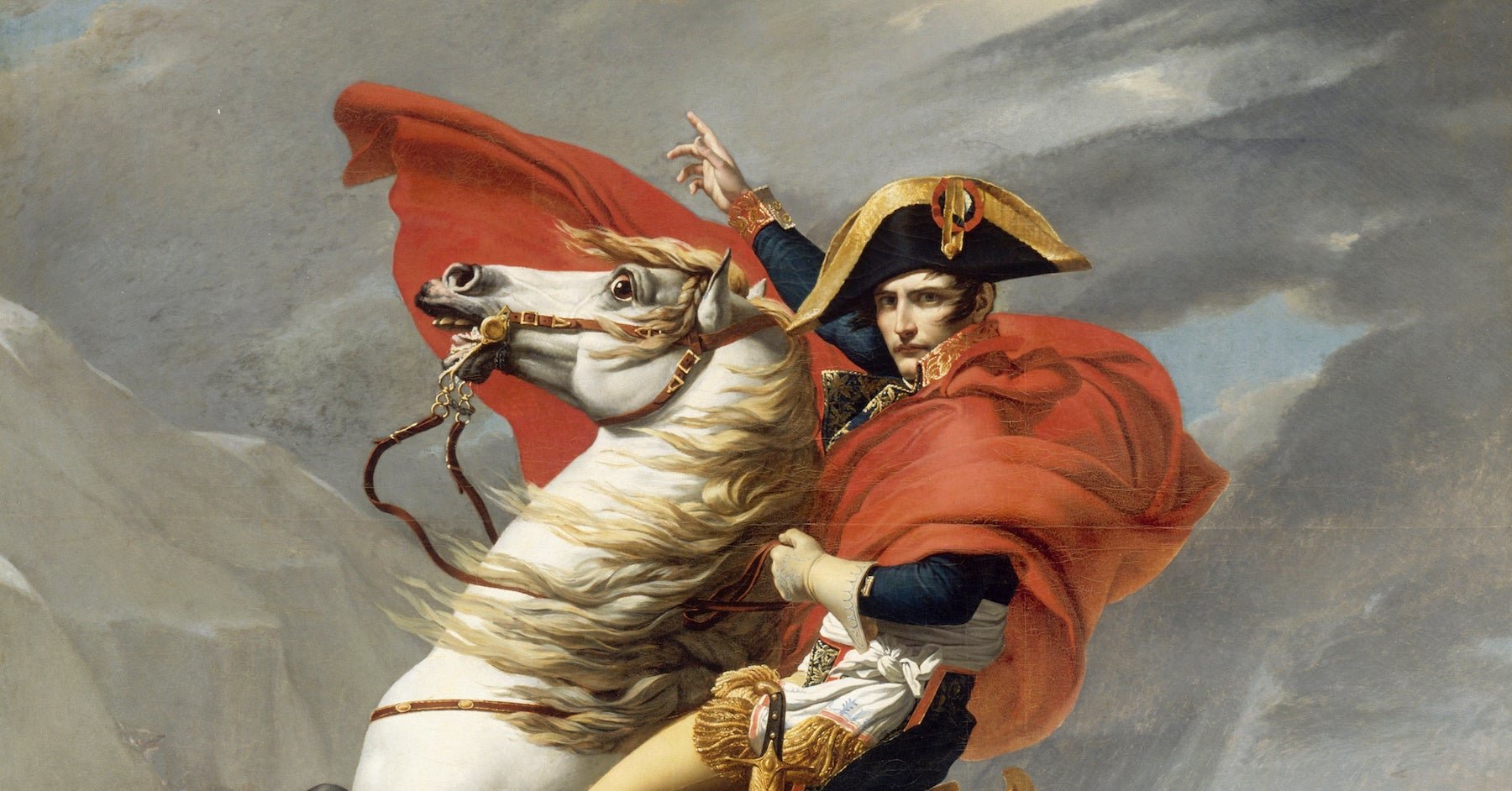
Napoleon Bonaparte crossing the Alps at Grand Saint Bernard by Jacques-Louis David, 1802. Public domain image via Wikimedia Commons.
This article by Blake Stilwell was originally published on We Are The Mighty. Follow @WeAreTheMighty on Twitter.
Someone went and moneyball-ed military history. Ethan Arsht applied the principles of baseball sabermetrics to the performances of history’s greatest generals’ ability to win battles. It starts with comparing the number of wins from that general to a replacement general in the same circumstances.
The math is tricky but the list is definitive. There are just a few caveats.
First, where is all this information coming from? Although an imperfect source, Arsht complied Wikipedia data from 3,580 battles and 6,619 generals. He then compiled lists of key commanders, total forces, and of course, the outcome. The general’s forces were categorized and his numerical advantage or disadvantage weighted to reflect tactical ability. The real power is ranking the general’s WAR score, the aforementioned Wins Above Replacement.
For each battle, the general receives a weighted WAR score, a negative score for a loss. For example, at the Battle of Borodino that pitted Napoleon against Russian General Mikhail Kutuzov, the French had a slight numerical advantage against the Russians. So, the model devised by Arsht gave Bonaparte a WAR score of .49, which means a replacement general had a 50 percent chance of still winning the battle. Kutuzov gets a -.49 for Borodino, meaning a replacement for him had a 51 percent chance of losing anyway.
The more battles a commander fights and wins, the more opportunities to raise their scores. Fighting fewer battles doesn’t help either. There were some surprises in the model, like the apparent failures of generals like Robert E. Lee and more modern generals. For the more modern generals like Patton, that can be attributed to the relatively small number of battles commanded.
For more about Arsht’s results, responses to criticism, and his findings, visit his post on Medium’s Towards Data Science. To see every general’s data point and where they sit in the analysis, check out the Bokeh Plot, an interactive data visualization. Remember, this has nothing to do with overall strategy and it’s all in good fun. Arsht does acknowledge his shortcomings, so check those out, too.
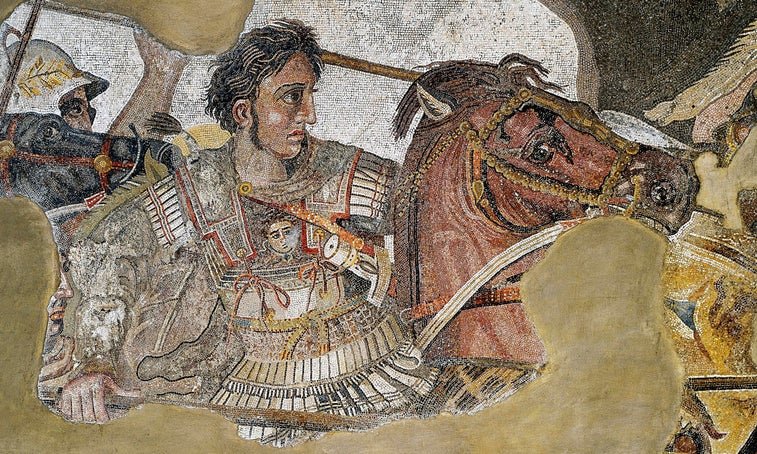
10. Alexander the Great
As previously mentioned, Alexander was a great strategist, but since his life was cut short and he had only nine battles from which to draw data, it leaves the model very little to work with. Still, the conqueror of the known world is ranked much higher than other leaders with similar numbers, including the Japanese Shogun Tokugawa, German Field Marshal Erwin Rommel, and Confederate General J.E.B. Stuart.
It should be noted that Alexander’s per-battle WAR average is higher than anyone else’s on the list.
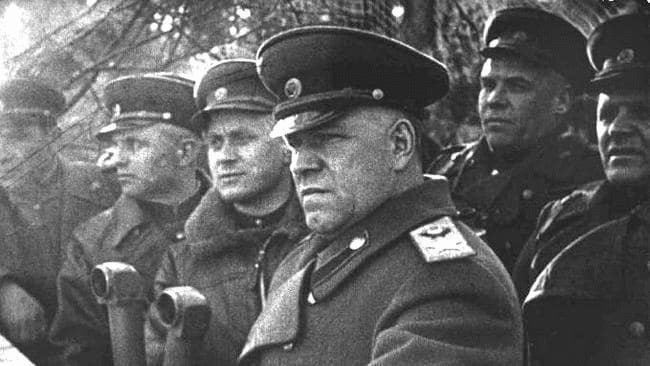
9. Georgy Zhukov
Zhukov has only one more battle than Alexander and his overall score barely squeaks by the Macedonian. Interestingly enough, his score is far, far above that of Gen. Douglas MacArthur and Confederate Generals Jubal Early and John Bell Hood. That’s what overcoming the odds does for your WAR score.
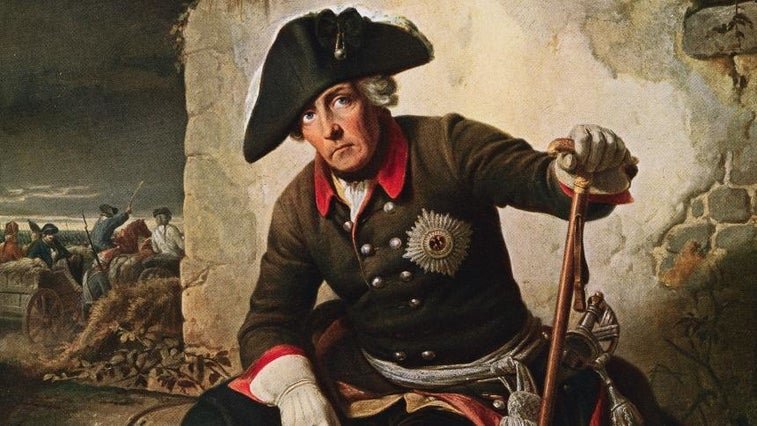
8. Frederick the Great
Ruling for more than 40 years and commanding troops in some 14 battles across Europe earned the enlightened Prussian ruler the number 8 spot on this list. His per-battle average was also lower than Alexander’s but, on the whole, he was just a better tactician.

7. Ulysses S. Grant
Grant’s performance commanding Union troops in 16 battles earned him the seventh spot on the list – and the U.S. presidency. Although his performance on the battlefield is clearly much better than those of his contemporaries, it should be noted that his Civil War arch-rival, Robert E. Lee, is so far below him on the list that he actually has a negative score.
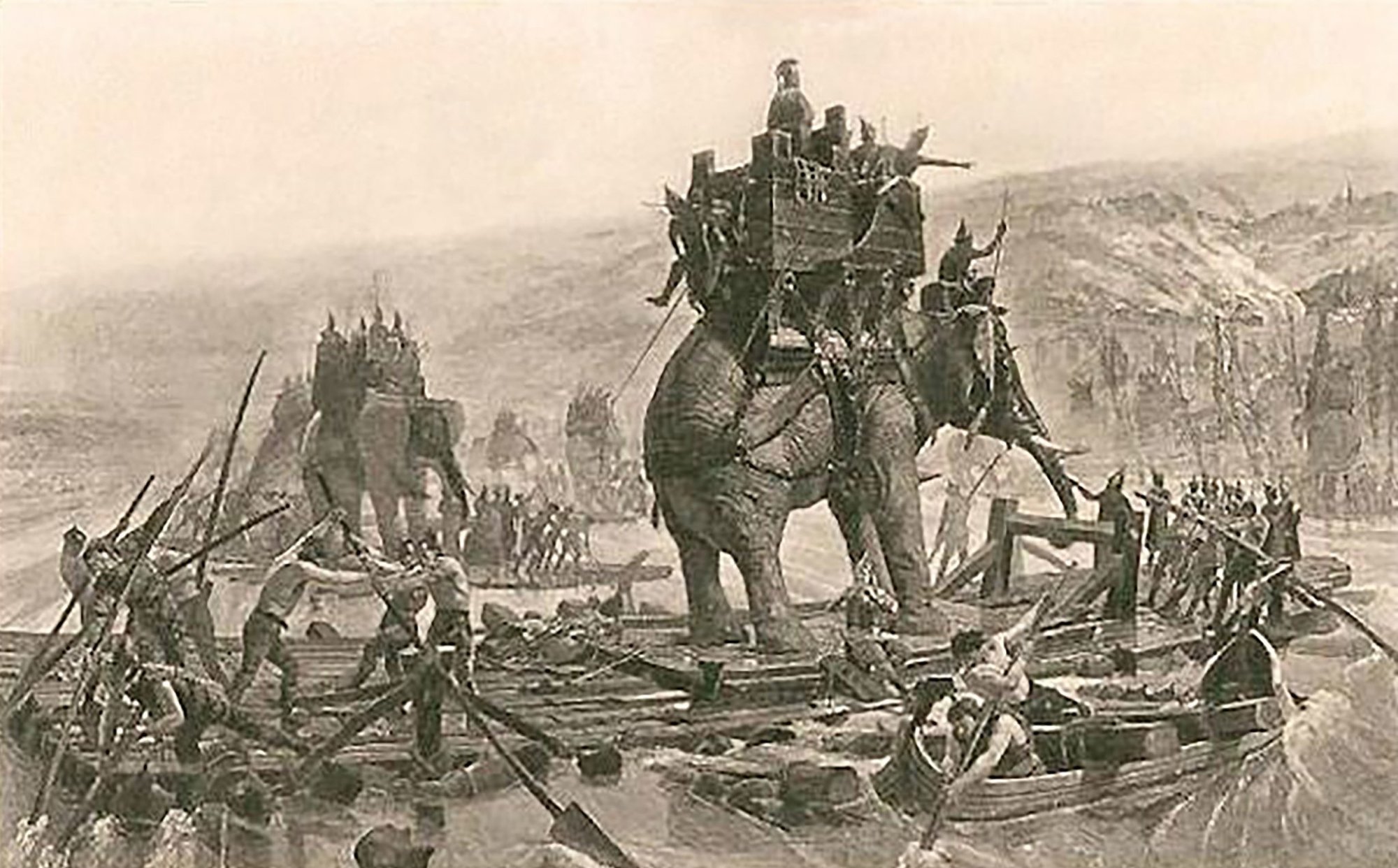
6. Hannibal Barca
Hannibal, once captured by Scipio Africanus, is believed to have given his own ranking system to Scipio, once the two started talking. His personal assessment wasn’t far off from the truth. He listed Alexander the Great and himself. Both of whom are in the top ten, even centuries later.
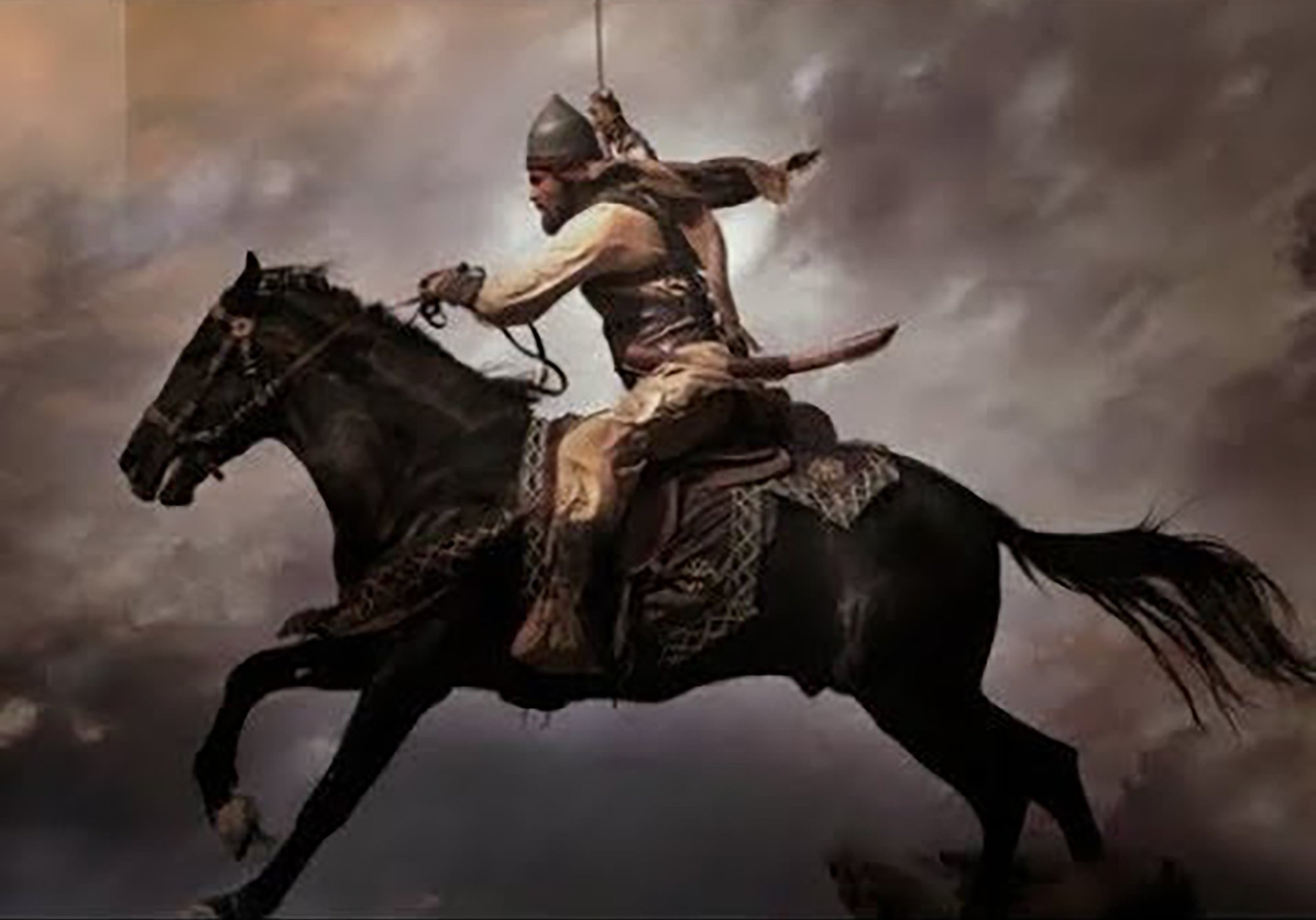
5. Khalid Ibn al-Walid
Khalid was a companion of the Prophet Mohammed, and one of the Islamic Empire’s most capable military leaders. In 14 battles, he remained undefeated against the Byzantine Empire, the Sassanid Persians, and helped spread Islam to the greater Middle East. Compared to others who fought similar numbers of battles, his score eclipses even Frederick the Great.
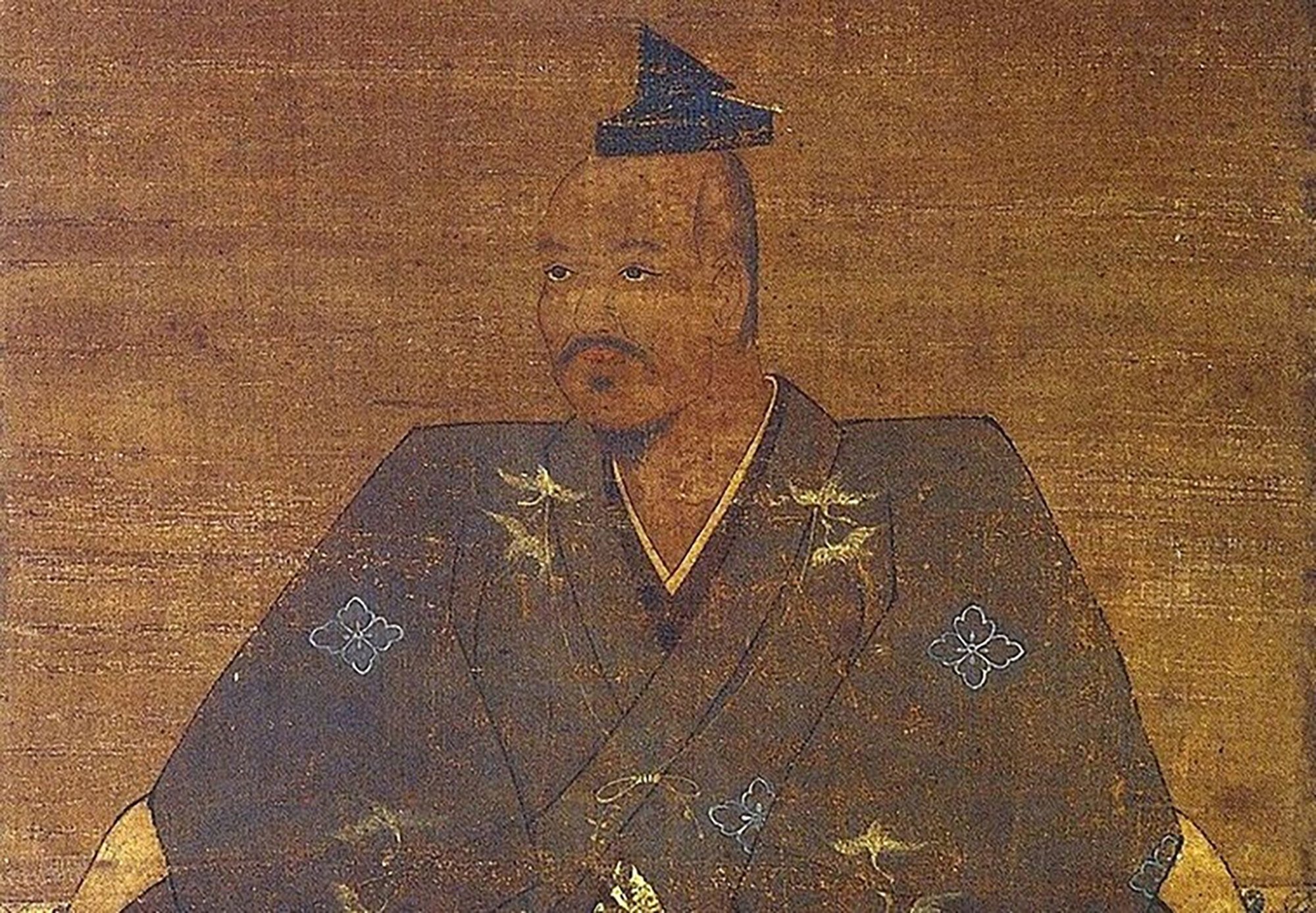
4. Takeda Shingen
Being one of the best military minds in feudal Japan is a really big deal, because almost everyone seemed to be a military mind and being better than someone else might mean you get challenged to a duel. After 18 battles, the Tiger of Kai reigned supreme – in Japan, anyway.
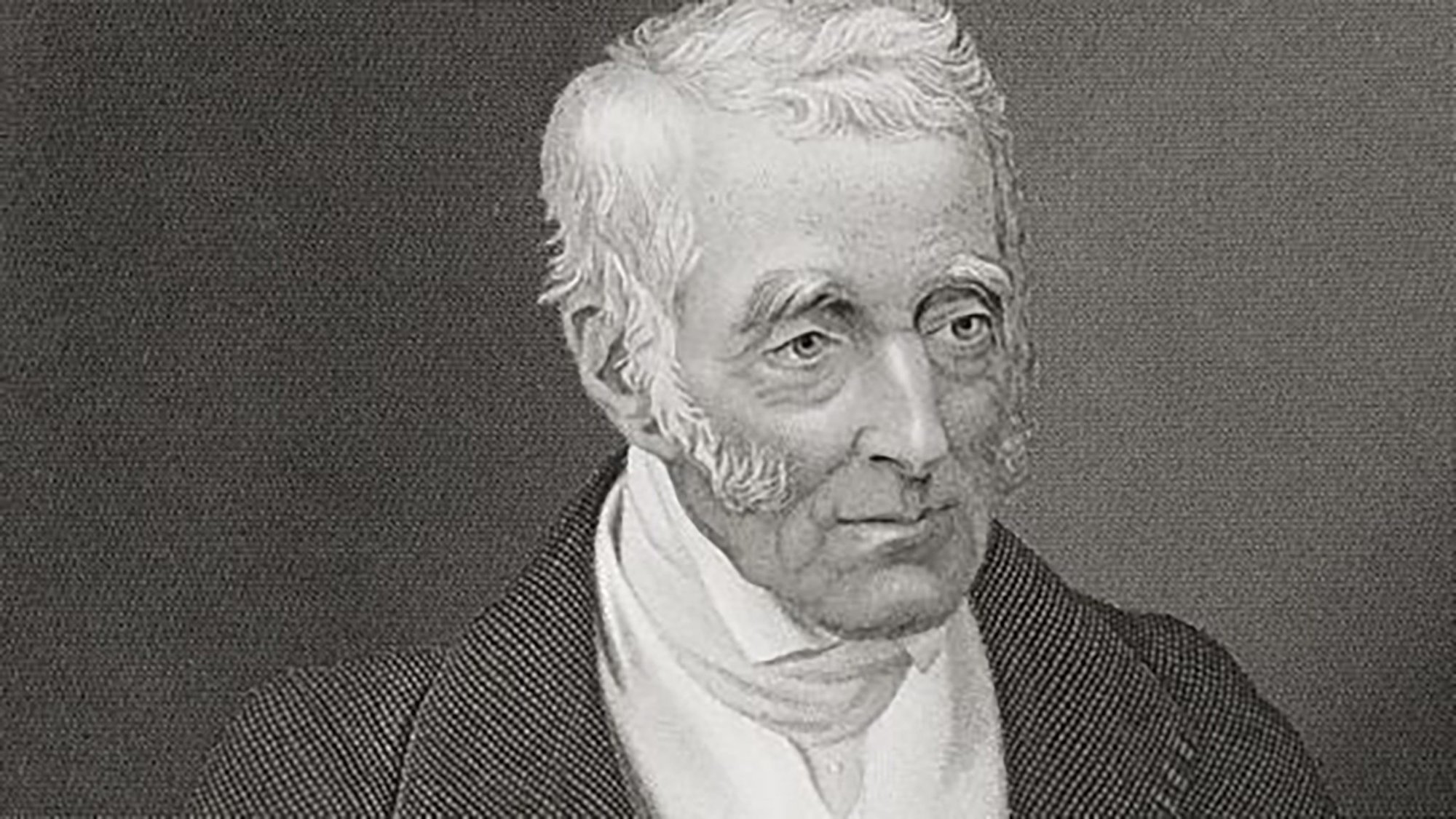
3. Arthur Wellesley, 1st Duke of Wellington
It’s a pretty big deal to be the guy who delivered a solid defeat to the man they called “Master of Europe.” Napoleon’s old nemesis, the Duke of Wellington, also saw command of 18 battles, but his WAR score is considerably higher than that of Takeda Shingen, his nearest challenger.
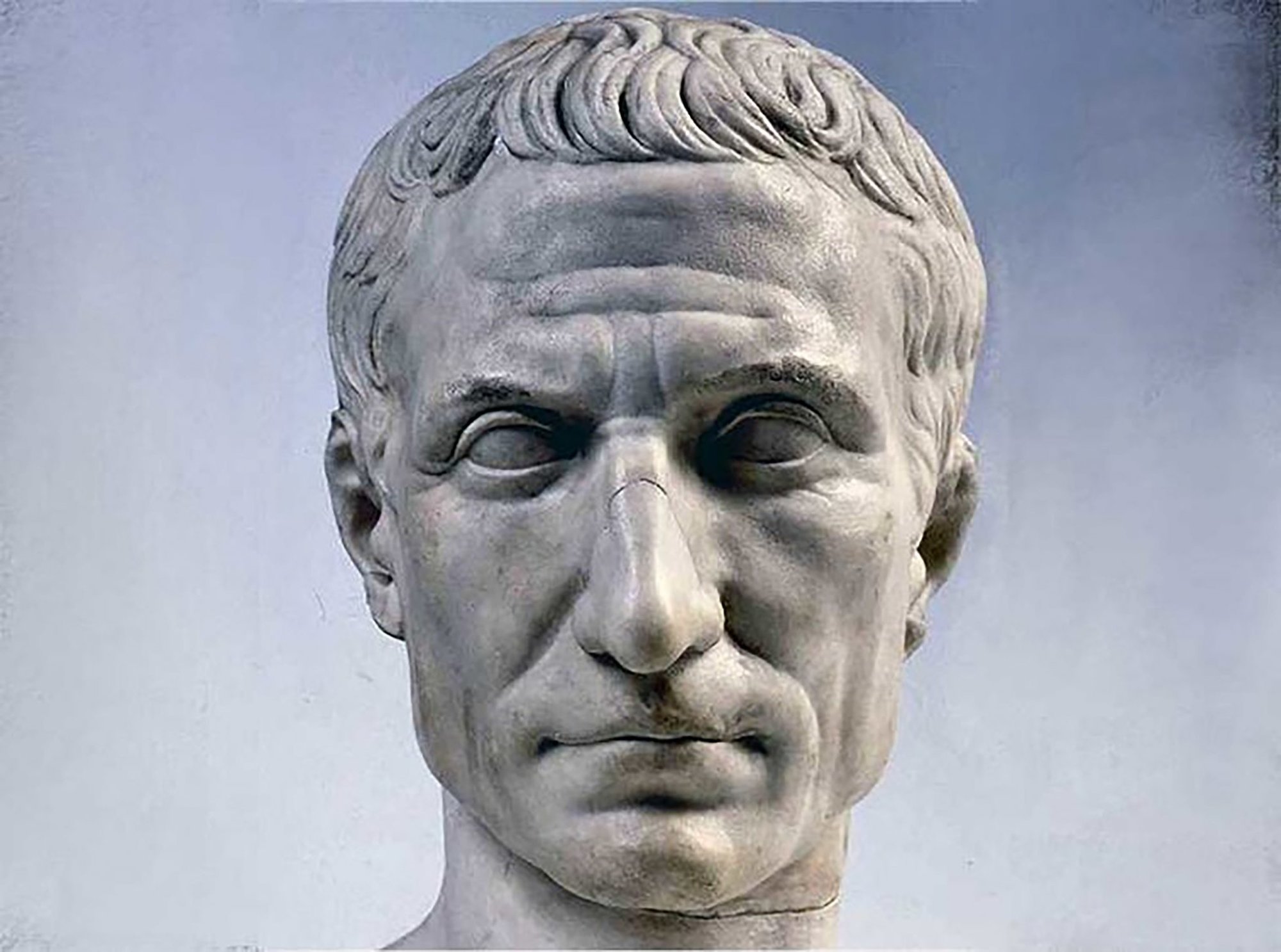
2. Julius Caesar
Caesar didn’t have command in as many battles as Shingen or the Duke of Wellington, but his WAR score reflects a lot more risk and shrewdness in his battlefield tactics. But Caesar also couldn’t top Alexander’s per-battle WAR average.

1. Napoleon Bonaparte
Yes, you might have guessed by now, but the number one spot belongs to l’Empereur. Napoleon is so far ahead of the normal distribution curve created by the data for these 6,000-plus generals, it’s not even close. After 43 battles, he has a WAR score of more than 16, which blows the competition away. There can be no question: Napoleon is the greatest tactical general of all time, and the math proves it.

We Are The Mighty is a veteran-led digital publisher and Emmy-award-winning media agency servicing brands with video production, marketing, advertising, and consulting services to engage with the military community. In addition to our digital publisher, we also run the Military Influencer Conference, the largest in-person event servicing our military community. WATM is owned by Recurrent Ventures and is a GSA approved vendor.
BRCC and Bad Moon Print Press team up for an exclusive, limited-edition T-shirt design!
BRCC partners with Team Room Design for an exclusive T-shirt release!
Thirty Seconds Out has partnered with BRCC for an exclusive shirt design invoking the God of Winter.
Lucas O'Hara of Grizzly Forge has teamed up with BRCC for a badass, exclusive Shirt Club T-shirt design featuring his most popular knife and tiomahawk.
Coffee or Die sits down with one of the graphic designers behind Black Rifle Coffee's signature look and vibe.
Biden will award the Medal of Honor to a Vietnam War Army helicopter pilot who risked his life to save a reconnaissance team from almost certain death.
Ever wonder how much Jack Mandaville would f*ck sh*t up if he went back in time? The American Revolution didn't even see him coming.
A nearly 200-year-old West Point time capsule that at first appeared to yield little more than dust contains hidden treasure, the US Military Academy said.












